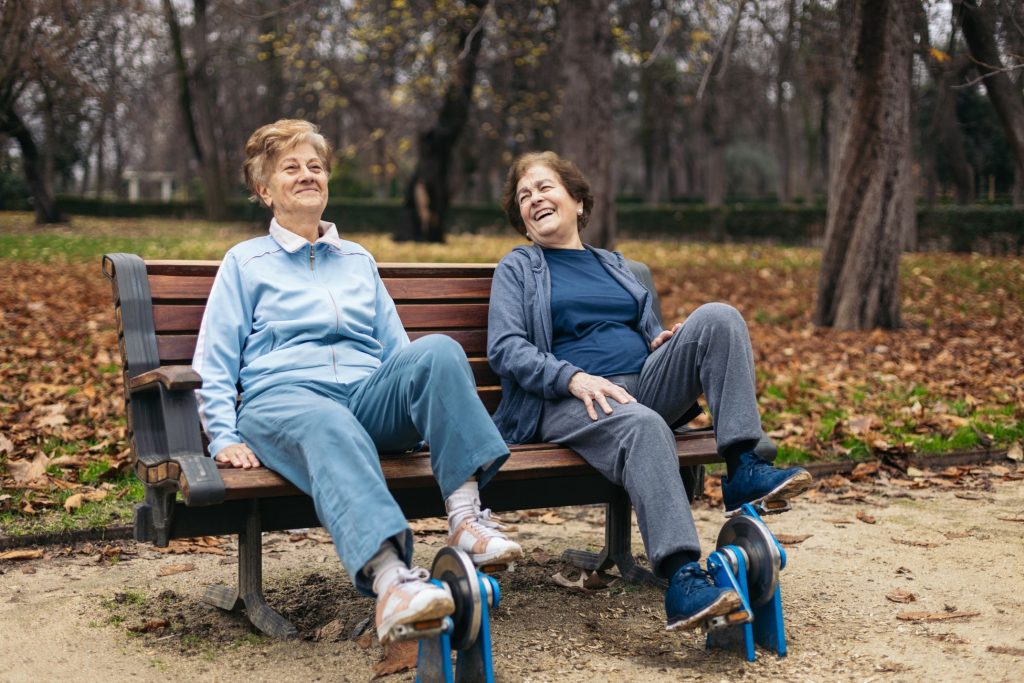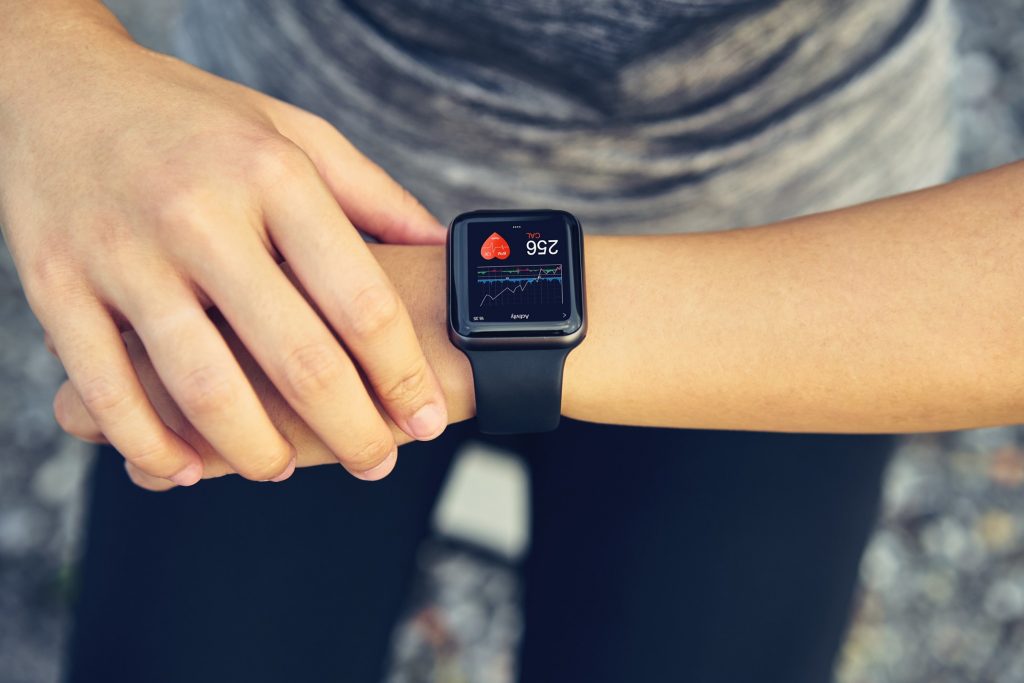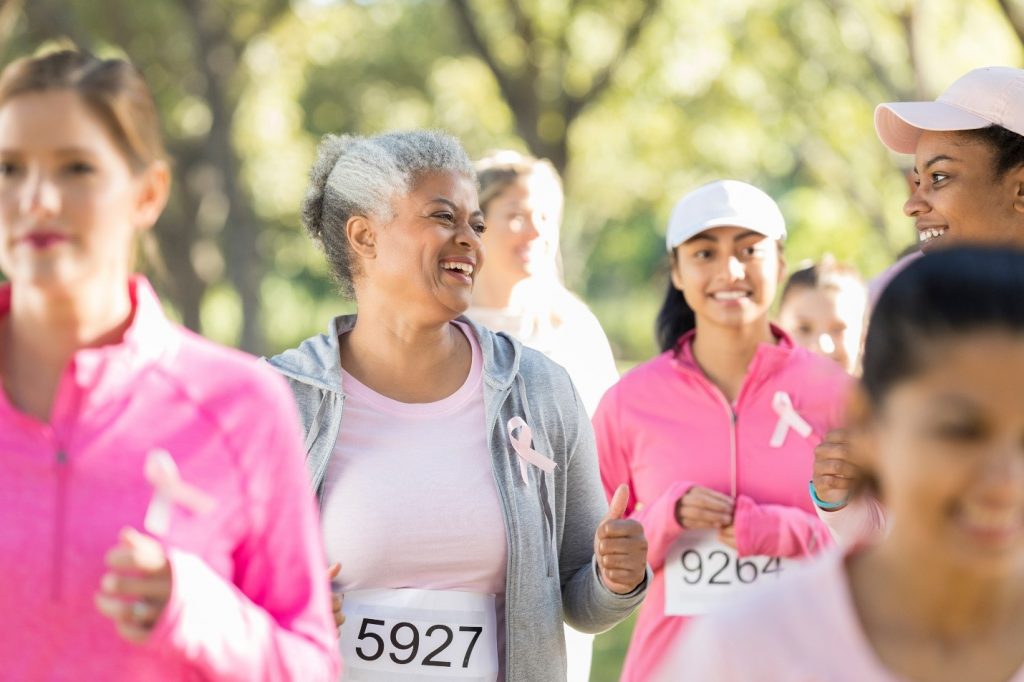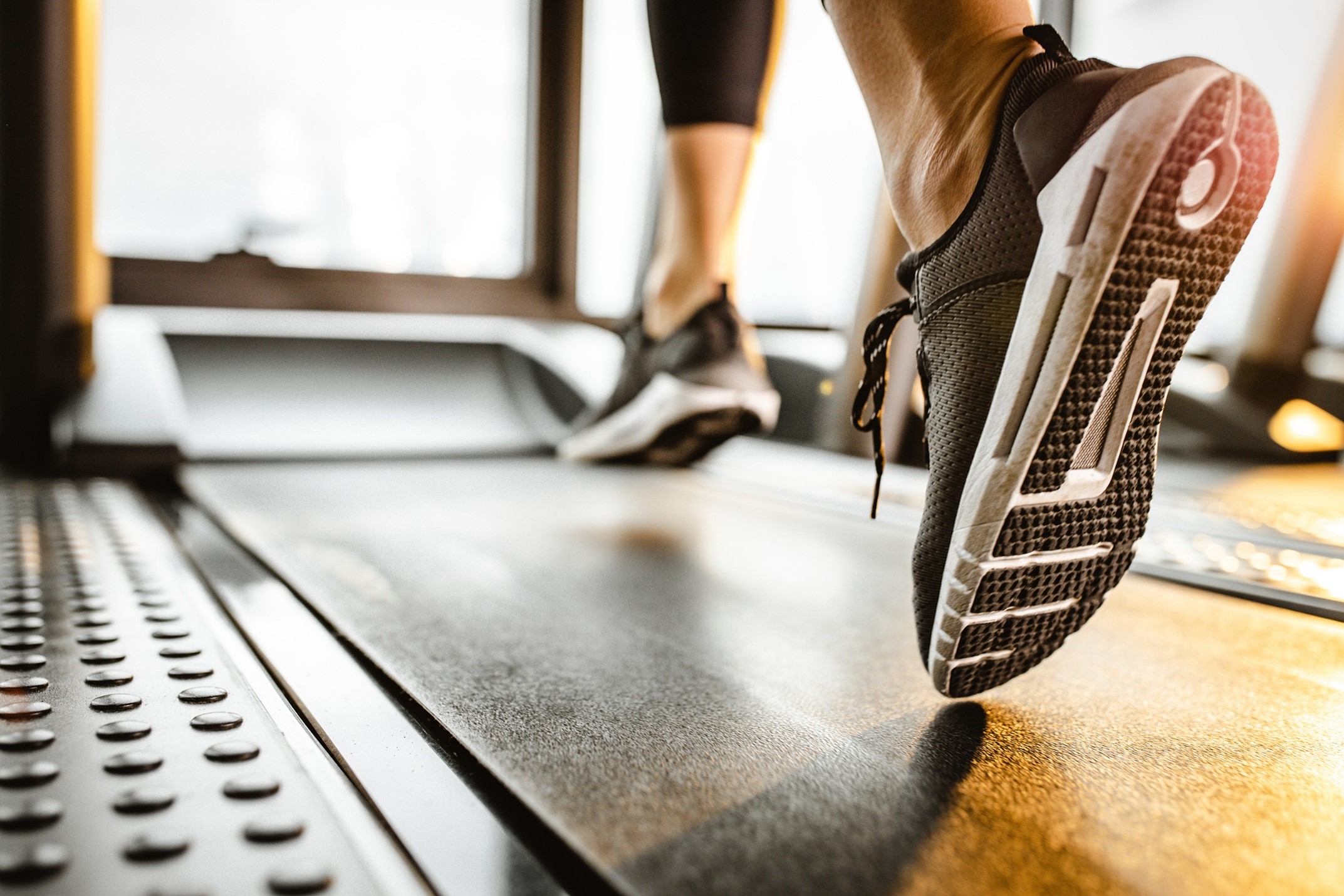Many studies have shown that regular exercise leads to better health and a longer life. According to the Australian Institute of Health and Welfare, physical inactivity is the 9th leading preventable cause of poor health and premature death in Australia. Among other things, inactivity contributes to type 2 diabetes, cancer, dementia, heart disease and strokes.
Given the importance of physical activity, we’ve put together a guide to help you get the right amount of exercise to improve your health and happiness. First, we’ll look at simple ways you can get up and be active at work and at home. Then, we’ll walk you through the recommended exercise guidelines for your age. Finally, we’ll look at a few money-saving tips related to physical activity.
Simple habits to get more exercise
If you spend most of your time sitting and feel the aches and pains creeping in throughout the day, here are some ideas for breaking up that sedentary lifestyle.

At work
When you spend 8 hours a day sitting at your desk, staying physically active can be a challenge. Here are a few ideas:
- Bike or walk to work
- Drive to a park and ride spot and bike or walk from there
- Get a standing desk
- Take the stairs instead of the elevator
- Go for a walk during your lunch break, maybe even with a colleague to get to know them better
Even if it’s just getting up and walking around the office, taking a break from your screen for a stroll around the block or standing up to talk to a coworker, breaking away from your chair every few hours can do a lot more good than you might think.
Most smart watches, allow you to set a reminder to take breaks, stand up and stretch, go for a walk or get yourself some water. Remember, drinking water throughout the day is just as important as exercising!

With friends
If you’re a social person, you may find that exercising with a friend gives you more motivation. Here are some ideas:
- Schedule a walk with a friend once a week or find a co worker who is keen to duck out for a walk and chat during your lunch break
- Walk to the park and eat a light lunch together
- Pick a new sport and give it a try with a friend!
- At Tribel we love the “walk and talk”; give someone a call from your mobile and walk while you talk to them, we even have ‘walk and talk’ meetings from time to time
- Plan hiking trips and other outdoor adventures
In addition to making exercise more fun, doing it with a friend helps keep you accountable. If you have a regular walking or sports date with someone else, you’ll be more likely to stick to it.This ensures you don’t let your friend, or yourself down!

Keep yourself accountable
On that note, find ways to keep yourself accountable so you continue to progress towards your exercise goals. Here are a few ideas:
- Buy a step monitor and try to hit a certain number every day
- Share your goals with a friend or family member via your family WhatApp group
- Post your goals and achievements on social media
- Celebrate your milestones
Recommended exercise habits by age (based on health.gov.au)
Ever wondered how much you should be exercising? The Australian Government’s Department of Health and Aged Care has set recommended exercise guidelines for each age group. In order to stay healthy this is the amount of physical activity you should be getting:

Children and teenagers: 5-17
Children and teenagers need 1 hour of moderate to vigorous physical activity a day, and three or more days of strength and toning exercises per week.
That doesn’t mean they have to do 1 hour all at once; breaking it up throughout the day is fine. Staying active is important for children’s growth, and can help them create healthy lifelong habits. It’s also recommended that children and young people limit their sedentary screen time to 2 hours a day, not including school work.

Adults: 18-64
Adults need either:
2.5-5 hours of moderate physical activity per week or 1.25-2.5 hours of vigorous physical activity per week or A combination of both per week
They also need two or more days of strength and toning exercises per week.
For adults, exercising can help reduce the risk of diseases like cancer and diabetes, improve blood pressure and contribute to a healthy weight. It also helps improve mental health.

Seniors: 65 and older
As you age, staying physically active can drastically improve your quality of life. That’s why seniors need 30 minutes of physical activity a day.
No matter your age, weight or health problems, you should do some form of exercise every day, which can help increase joint movement, manage pain, improve mood and memory and prevent hypertension, diabetes and heart disease.
Activities that involve fitness, strength, balance and flexibility are good for older adults. It’s important not to push yourself too hard. If you haven’t exercised in a while, start at a level you can manage and gradually build up.
Financial tips for exercising
Gym memberships and sports equipment can be expensive, but it’s 100% possible to workout without spending more than a few dollars. Here are some money-saving tips for exercising:
- Instead of joining a gym, walk or run outside
- Take advantage of community parks and other free resources, such as outdoor tennis courts or pools
- Check with your employer or health insurance provider to see if you can get a discounted gym membership or a free fitness tracker
- Look for free community events like yoga or running clubs
- Do sit-ups and stretches at home
- Buy some cheap weights and do weight lifting at home
- Follow along with free yoga, pilates or aerobics videos on YouTube
At Tribel, we often talk about your financial health. But your physical and mental health are just as important, if not even more so! We hope this guide helps you work toward a healthy, active, fulfilling life.





